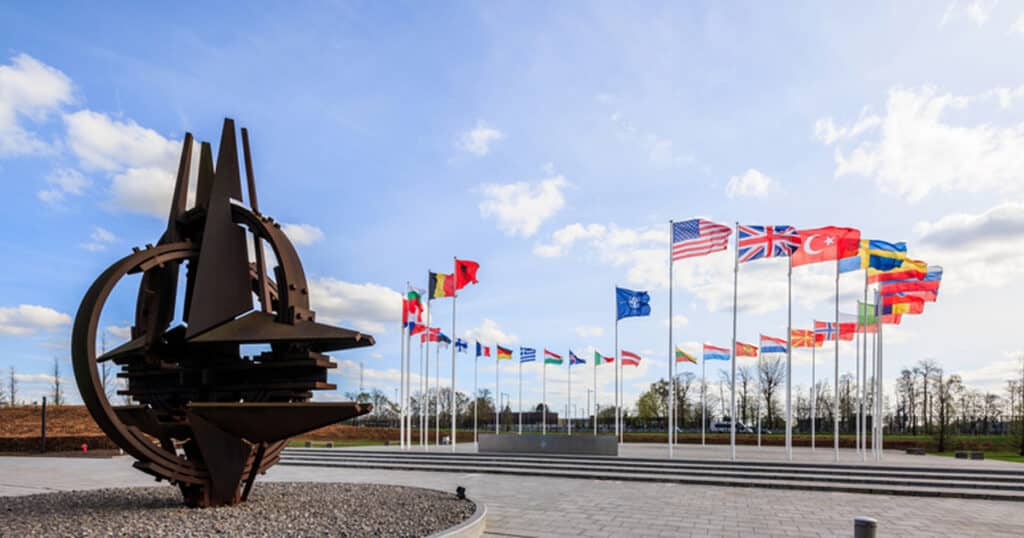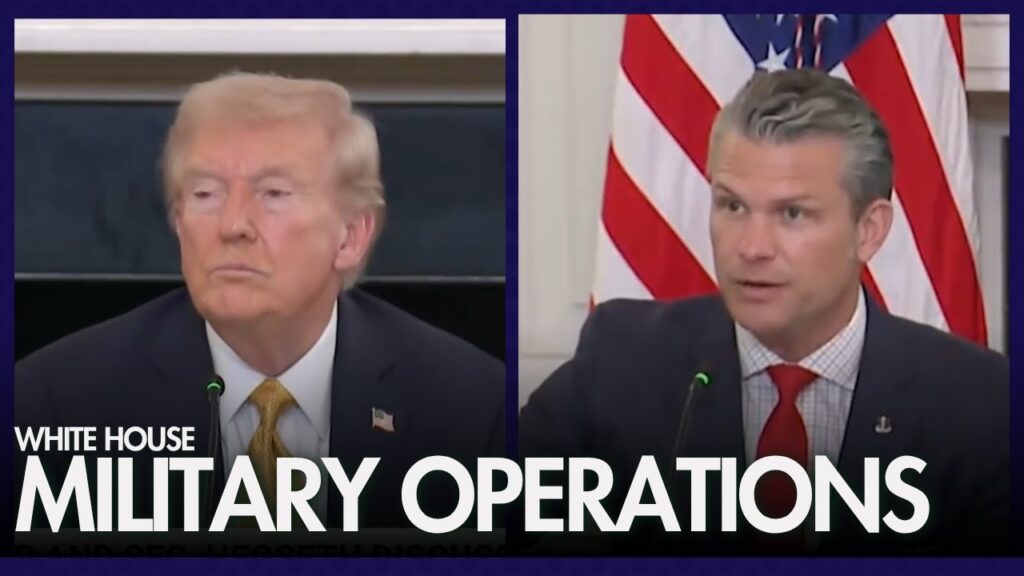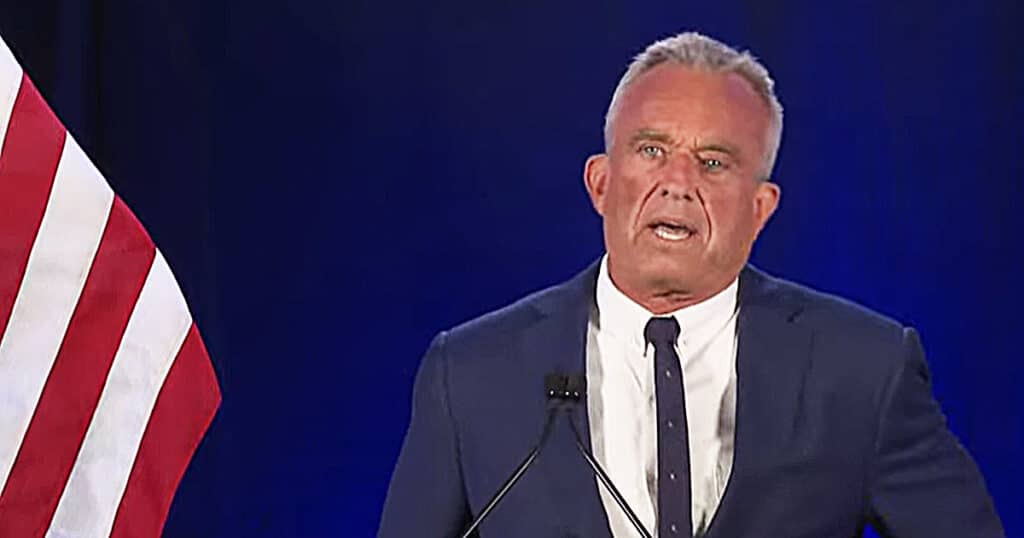
The West Needs to Come Together
It is painful to admit, but it needs to be said: Europe is increasingly at risk of a major system-transforming war, while China is moving steadily forward to establish hegemony in the Indo-Pacific. And yet after 1991 leaders across the West seem to have forgotten that providing the necessary resources to ensure national security is the irreducible function of the state, for without it no nation can remain sovereign for long. The extent of disarmament across Europe and to an extent the United States since the end of the Cold War speaks volumes about where we are as a civilization. For three decades our leaders have taken a vacation from history, and even now as missiles and drones rain down on Ukrainian cities and NATO’s borders are violated with impunity by Russian planes, we continue to use terms like “strategic competition” or “great power competition,” as though statecraft can be reduced to an Excel spreadsheet where numbers can substitute for political will. For years we’ve lived in a conceptual fantasy world of our own making, defined by the “end of history” and “complex interdependence,” as though these conceits had anything to do with the verities of great power politics. We continue to mirror-image our adversaries and pass off our operational level policies as grand strategy. Most importantly, instead of moving in lockstep to confront them, the United States and its democratic allies in Europe and Asia are increasingly heading in different directions, while our enemies have aligned their principal strategic objectives.
During the two decades of the so-called Global War on Terror/Overseas Contingency Operations, the United States expended some $8 trillion dollars while pursuing the chimeras of “nation-building” and “democracy-building” in societies that were tribal to the core, as though the conceptual models of the institutionalists in American political science could be transposed at will onto the Darwinian self-help ecosystem we call international relations. All the while, the normative value-laden incantations about “defending the rules-based international order” were to convince Russia, China, Iran and North Korea that they should dismantle their de facto alliance and participate in the system our elites believed would deliver us all into the era of “flat-earth economics” driving the perpetually expanding globalist dream, as though propelled forward by some unalterable neoliberal force of nature. All the while, America’s once vaunted industrial base was being decimated through offshoring, fracturing our already diminished middle class. Now Europe, especially Germany, is about to experience what it means to de-industrialize.
For all practical purposes, Russia and China are already in conflict with the West – the former determined to revise the post-Cold War system, the latter intent on replacing it altogether with a new form of governance build around its own economic model of commercial communism and centralized political institutions that are to sustain the “free market for unfree people” our naivete and greed helped to create. They are aided by Iran and North Korea – forming together a new Axis for Dictatorships. Still, I have yet to hear leaders across the West speak directly to the gravity of the situation we find ourselves in – much of it of our own making – while their overriding preference for escalation management overpowers the requisite sense of urgency. Most importantly, we are not working towards a shared threat perception across the West; instead, we have remained wedded to our regionalized security optics, where each country’s geostrategic neighborhood is seen as distinct and largely disconnected from the global balance of power.
If the West is to win against this Axis of Dictatorships, our leaders need to speak directly to the dramatically changing balance of power not just in our region, but globally. We need a shared agreed upon multi-faceted strategy involving genuine military readiness, robust alliances, economic measures that restore our industrial power base, technological superiority over our adversaries, and most of all ideological resilience. We need to reshore and friend shore manufacturing. We need honesty when we speak of what ails the West that transcends electoral cycles and quotidian politics. The United States should return to national military service, as should every ally in Europe and Asia that doesn’t yet have one, so that we have ample manpower reserves in case of war. Our corporations need to restore the senses of duty to the nation first, so that those to whom much has been given, much is expected of.
It’s worth reminding ourselves that mobilized democracies are unbeatable because in the end no one can defeat free people volunteering for a mission. But if we are to succeed it is our leaders’ job one to make sure our citizens understand the stakes. Much like during the Cold War, democracies need to agree on a shared threat assessment and devise a common strategy to confront our adversaries.
Russia’s Vladimir Putin likes to talk about us as the “collective West” – it’s time we start acting like one.
Andrew A. Michta is Professor of Strategic Studies at the Hamilton School for Classical and Civic Education at the University of Florida. Views expressed here are his own.
This article was originally published by RealClearDefense and made available via RealClearWire.



